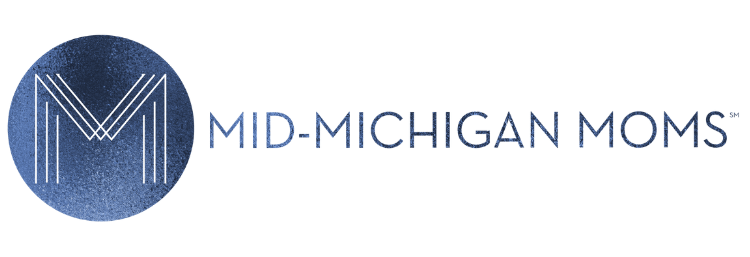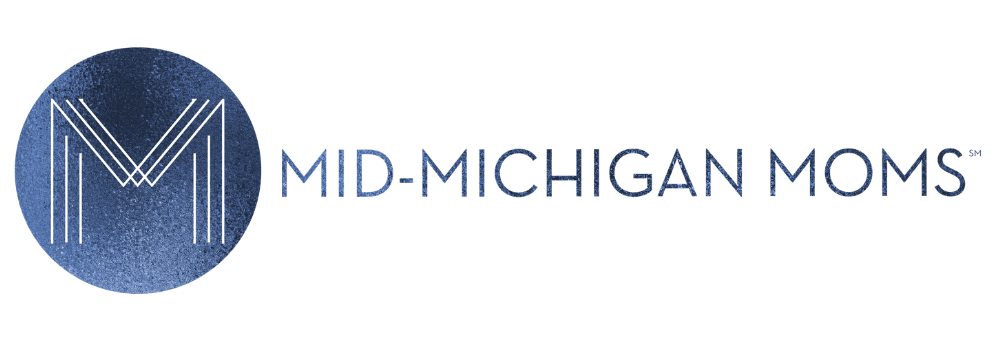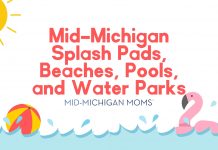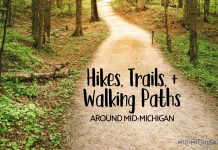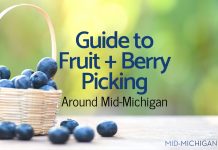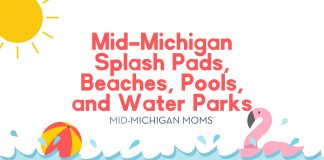If I had to pick one word to describe my first postpartum experience, it would be dismal.
My baby was beautiful and healthy. I had wonderful support from my husband, family, and friends. Yet, something felt very wrong. I wasn’t sure whether to chalk this feeling up to navigating the waters of being a first-time mother or something bigger.
The thoughts were intrusive and scary.
Someone is going to take my baby.
My baby is not going to wake up.
I am going to drop the baby.
Someone is going to kidnap us both while out in public.
I am going to die and my baby will be without a mother. She won’t even remember me.
Rinse. Repeat. For 12 months. The terrible thoughts never left.
Why didn’t I reach out?
I didn’t want to be seen as an unfit mother.
I didn’t know how to put what I was feeling into words.
I thought the thoughts would go away “soon enough.”
As time went on, I knew the feelings were not just those of a new mother trying to adjust. Still, I did not seek help. I figured I could not feel this way for much longer and would get through the tunnel and see light again.
Looking back after consulting healthcare providers, I definitely had a severe case of postpartum anxiety. It took a year to get through that tunnel of darkness. Then, at six months pregnant with my second baby, prenatal anxiety hit. I only had two months of feeling like myself again before things started ramping back up.
At this point, I knew I couldn’t go through it all again without help. I talked with my midwife, who recommended Zoloft. Then, fearing Zoloft wouldn’t be sufficient for the postpartum period, I started seeking other added solutions to add to my toolbox.
Enter placenta encapsulation.
At dinner with a close friend, I mentioned how I had felt previously and some of the difficulties I was having with anxiety with my second pregnancy.
“Have you ever heard of placenta encapsulation?” my friend asked.
She went on to tell me about how much it benefitted her cousin. I was intrigued.
The following week, I asked about placenta encapsulation at my Earthside Prenatal Yoga class. My instructor, Lori Krajenke, recommended and provided contact information for a wonderful woman by the name of Amy, who is a Certified Professional Midwife {CPM}. I reached out and she gave me a great explanation of the process. When I told her I was all in, she collected information including my address, due date, and expected delivery hospital.
A few weeks later, my water broke. Once admitted to labor and delivery, our nurse helped us complete a release form for my placenta. I gave Amy a heads up that our little lady would be here soon and followed up with her once she had arrived. Amy came to the hospital and met me in my postpartum room as my L&D nurse wheeled me there. My placenta was handed over in a sealed container and off they both went into a February blizzard.
When our family returned home two days later, Amy met me within the hour with my encapsulated placenta and a cord keepsake. The entire process was so simple and stress-free.
Since two days postpartum, I have taken two placenta capsules a day along with my vitamins. The difference in how I am feeling has been drastic. The scary thoughts are gone. I am able to focus in the moment. I am able to enjoy my two little ones. I feel like me again.
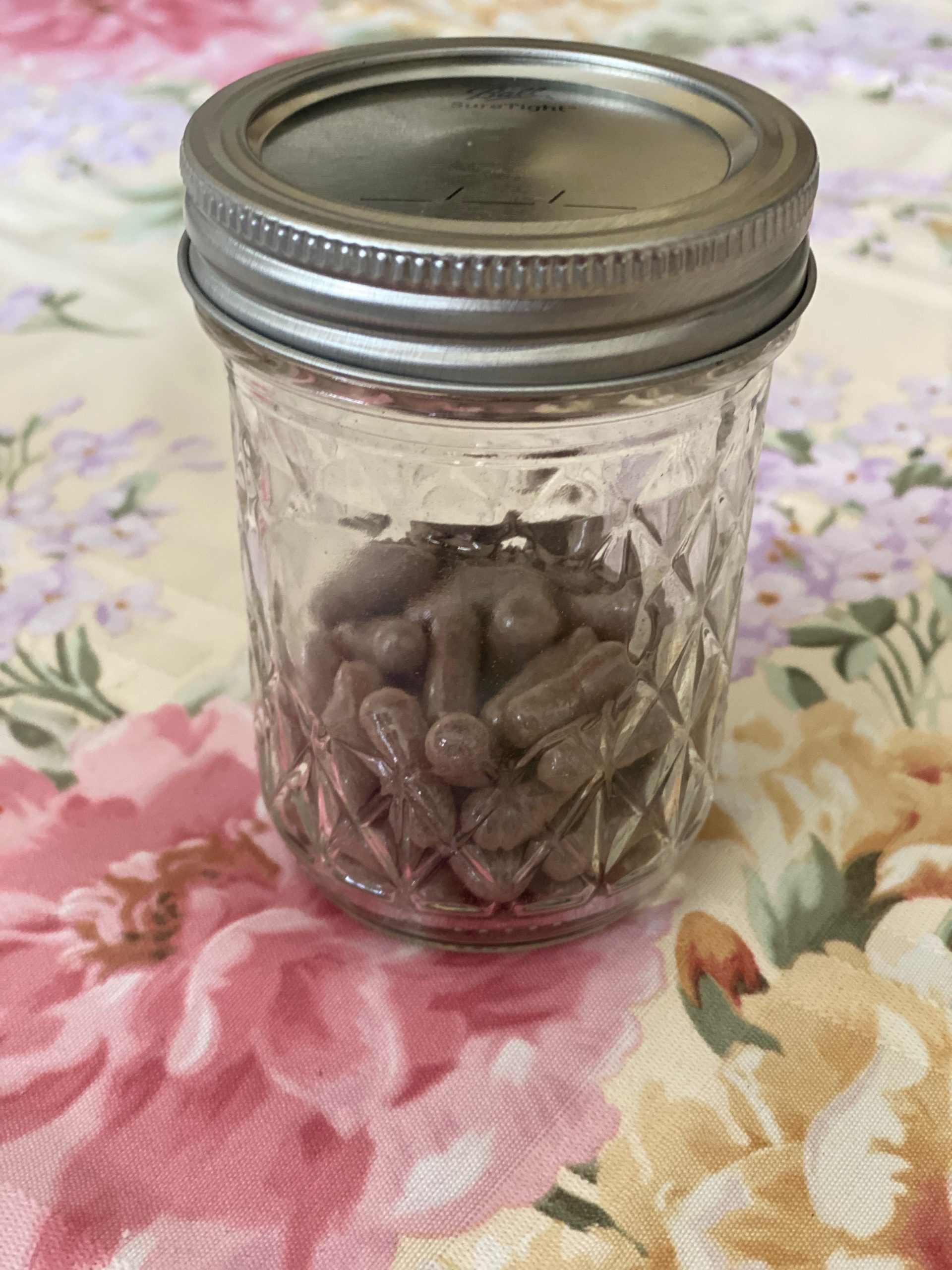
Maybe it’s the Zoloft. Maybe it’s the combination of the two. I don’t know, but I can tell you the difference is so striking and in the positive direction.
According to research by the American Pregnancy Association, there are many other benefits of placenta encapsulation, in addition to easing postpartum anxiety. These include:
- Increased release of the hormone oxytocin, which helps the uterus return to normal size and encourages bonding with the infant.
- Increase in CRH, a stress-reducing hormone.
- A decrease in postpartum depression levels.
- Restoration of iron levels in the blood.
- Increase in milk production.
Would I do it again? Absolutely. My biggest advice after going through all of this is to not fear speaking out about how you’re feeling. You are not alone. During my own journey, I have learned that so many strong mamas in my circles have faced PPA and/or PPD and have made it through that tunnel and into the light.
Friends and family members: If you notice a mama in your life is “off” or may be experiencing some of the feelings described above, please reach out to help. This may be the bridge they need. You could be the difference between them facing this alone versus having additional support.
